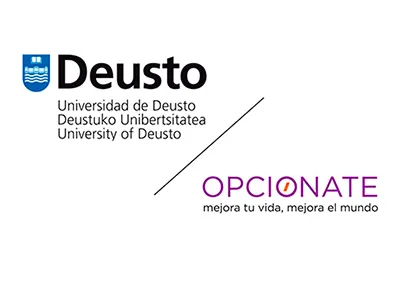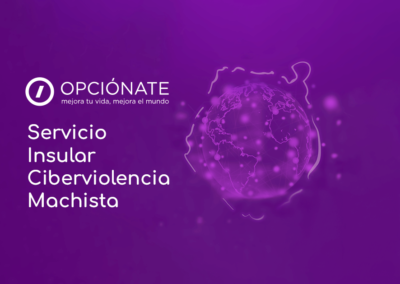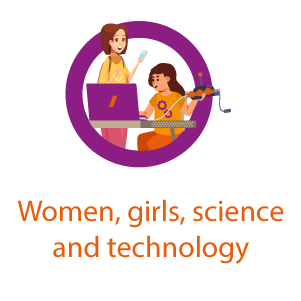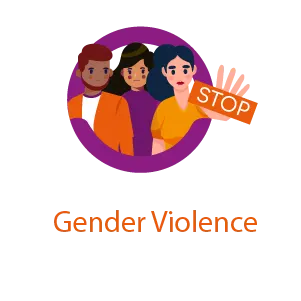
Cyber-equality
Su título va aquí
Read more
At Opciónate we are aware of the important role that the Internet and ICTs play in our lives and, above all, in the way we communicate and relate to each other. Moreover, we know that gender violence has a structural character that affects every sphere of life, so that it is not only limited to the physical world, but is also replicated in the online world.
In this new space of socialisation, favoured by anonymity and depersonalisation, dynamics and behaviours are being generated that attack women, adolescents and girls: male chauvinist cyber-violence.
For this reason, we believe it is necessary to generate a specific line dedicated to promoting cyber-equality, raising awareness of male chauvinist cyber-violence, promoting preventive behaviour and action against it, but also to generate a space in which to publicise initiatives that promote cyber-equality and feminist self-defence.
We work from a rights-based, gender and intercultural, practical and experiential approach, where self-care and collective care are at the centre, and where participation, communication, listening and empathy are our pillars.
We identify, support and make visible initiatives that promote gender cyber-equality, digital feminist self-defence and the elimination of stereotypes and sexist violence online, creating and disseminating projects, campaigns, audiovisual and written awareness-raising and educational tools aimed at young people and adults, as well as families and teachers.
Main projects of the cyber-equality line of action

CyberRESISTANCE. Facing the third digital gender gap and cyber-violence in childhood: co-education, opportunities and resistance











